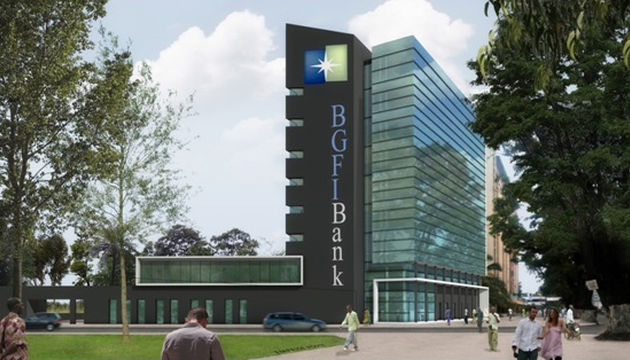Support From Local Banks In Cameroon Crucial In Fight Against #COVID19

The Cameroon government received more financial assistance by way of loans from local banks than from foreign lenders as the country battles #COVID19 during the first quarter of 2020.
According to a report on the execution of the national budget for the first six months of the 2020 fiscal year, loan projections for projects including expenditure on the fight against the coronavirus were put at 431.1 billion FCFA (about US$862 million).
However, only 272 billion FCFA (about US$544 million) was received by way of loans, making a deficit of 159.1 billion FCFA (about US$318 million) that was expected from international lenders outside support from the International Monetary Fund (IMF).
The deficit in real terms stands at 22.8 billion FCFA (about US$45.6 million) of what the government hoped to receive from international lenders when the 136.3 billion FCFA (about US$272.6 million) received from the International Monetary Fund is subtracted from the overall deficit.
Nevertheless, the Cameroon government, in the face of this deficit in financial expectations, continued to honour its financial engagements by way of paying interest on non-bilateral debts.
In total, the Cameroon government reimbursed 201.6 billion FCFA (about US$402 million) of its international debt contracted principally with private lenders. Cameroon benefitted from a moratorium in interests on bilateral debts, but this moratorium would only be effective during the second semester of the year.
To close the gap created by the deficit, the Cameroon government was forced to solicit for more loans from local commercial banks than previewed. Instead of 210 billion FCFA (about US$420 million) revenue expected from the issue of treasury bonds, the government had to canvass for 472.5 billion (about US$944 million) which was raised from the Central African Economic and Monetary Union popularly known by its French acronym CEMAC capital market dominated by Cameroonian banks. In this regard, direct loans from banks spiked to 75 billion FCFA (about US$150 million) instead of 40 billion FCFA (about US$80 million) envisaged.
Management of the Covid-19 pandemic was an extra weight on the financial obligations of Cameroon which already has to bear the burden imposed by the insurgency in the two Anglophone regions of the country and by the Boko Haram terrorism in the Far North Region.
Besides loans from the banks, the public purse was, in no small extent, replenished through an increase in fiscal revenue from businesses and households occasioning a less negative impact than expected on petroleum revenue.
Support Our Journalism
There are millions of ordinary people affected by conflict in Africa whose stories are missing in the mainstream media. HumAngle is determined to tell those challenging and under-reported stories, hoping that the people impacted by these conflicts will find the safety and security they deserve.
To ensure that we continue to provide public service coverage, we have a small favour to ask you. We want you to be part of our journalistic endeavour by contributing a token to us.
Your donation will further promote a robust, free, and independent media.
Donate HereStay Closer To The Stories That Matter




